
Health is a crown on the heads of the healthy that only the sick can see.
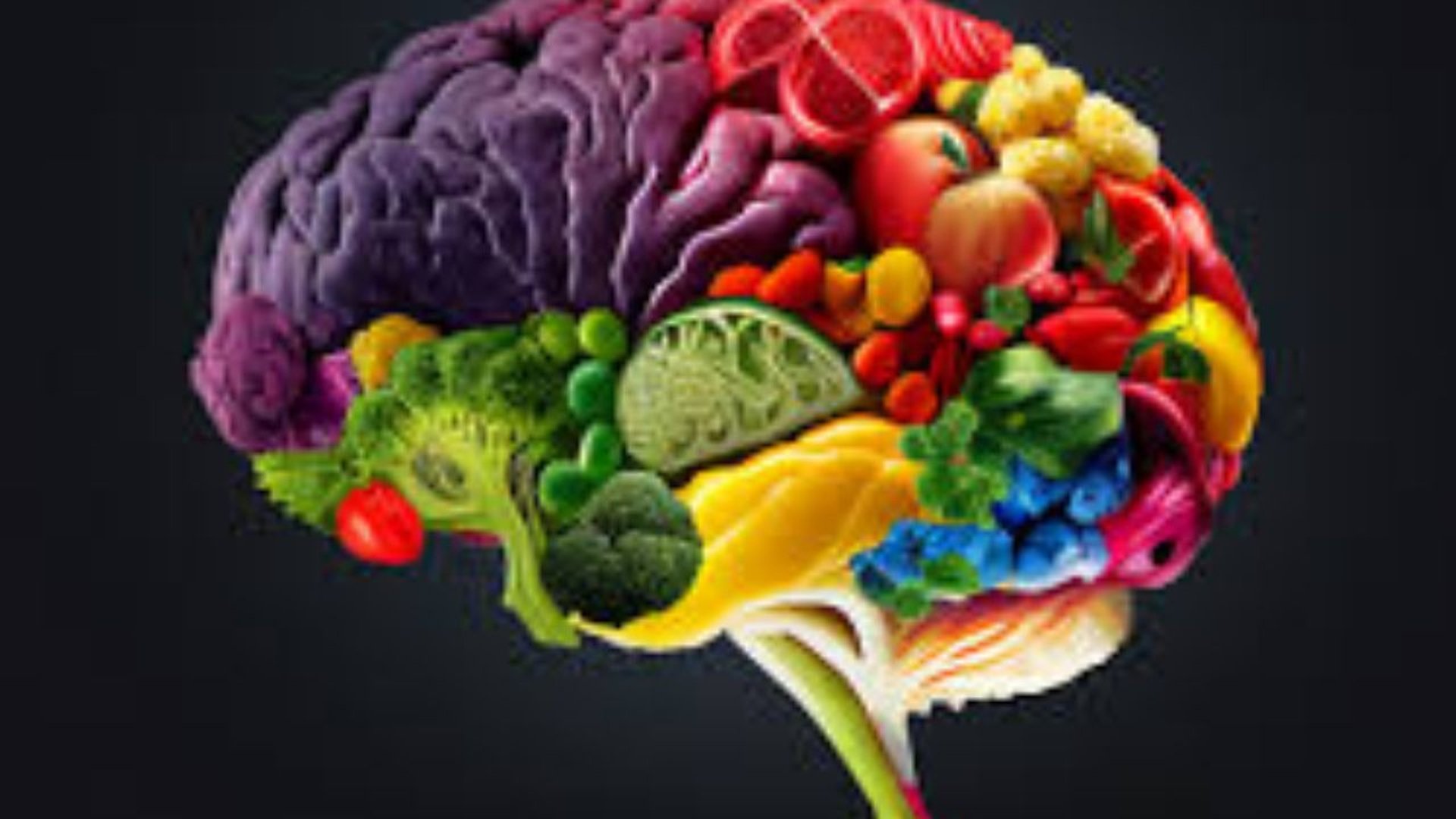
🌙 What Happens When You Take Melatonin and Stay Awake?
😴 Taking melatonin without sleeping may lead to fatigue, brain fog, and disrupted sleep rhythms. Learn what your body goes through when you ignore the signal to rest.
GENERAL
Dr Hassan Al Warraqi
7/1/2024
🌙 What Happens When You Take Melatonin and Stay Awake?
😴 Taking melatonin without sleeping may lead to fatigue, brain fog, and disrupted sleep rhythms. Learn what your body goes through when you ignore the signal to rest.
Referred to as the sleep hormone, it is a hormone that travels in the brain through the pineal gland
It helps control a person’s sleep-wake cycles
The hormone can be found in small amounts in foods such as grains, meats, organic produce, and vegetables. You can also get it as a dietary supplement
How Melatonin Works
Melatonin production begins at night, or when it starts to get dark.
It’s the brain’s way of telling the body to get ready for rest.
When the sun begins to rise and it gets light, melatonin production slows down and the body gets moving.
In a few people, hard light can stop melatonin production altogether.
Normally, the body produces about 0.1 mg of melatonin each day.
Levels are much lower in people with sleep disorders or rest problems.
Melatonin supplements are often recommended for travelers to treat sluggishness, individuals who work shifts and have trouble resting due to conditions such as attention deficit hyperactivity disorder (ADHD)
and some developmental problems such as cerebral palsy and severe introversion
What does melatonin do
The body has its own internal system to control the normal wake cycle
To some extent, the body clock controls how much melatonin your body can provide
Light affects melatonin generation
SAD (sustained feeling of being down)
which is commonly referred to as winter blues
Melatonin levels decline with age
Uses of melatonin
Melatonin is used as a dietary supplement to treat sleep problems such as insomnia and sleep disorders caused by changes in sleep schedule, such as jet lag.
Improve sleep quality: Melatonin helps improve sleep quality and increase sleep duration.
Regulate sleep cycle: It can help regulate the sleep-wake cycle, especially for people with sleep disorders.
Side Effects
Although melatonin is considered safe for short-term use, it may cause some side effects such as:
Headache
Dizziness
Daytime sleepiness
Melatonin is generally considered safe when used in moderate doses and for short periods
Natural Ways to Increase Melatonin
Dim the Light Before Bed:
Exposure to bright light in the evening can disrupt the production of
melatonin. Dimming the lights at least an hour before bed can help signal your body to produce melatonin and prepare for sleep.
Avoid Exposure to Blue Light:
Blue light from electronic devices such as smartphones, tablets, and computers can interfere with melatonin production.
It is recommended to avoid screens at least an hour before bed or use blue light filters.
Exposure to Natural Light During the Day:
Exposure to natural sunlight during the day helps regulate the circadian rhythm and increase serotonin levels, which enhances melatonin production at night.
Eat foods rich in melatonin:
Cherries and tart cherries: They are known for their high melatonin content.
Goji berries: Another fruit rich in melatonin.
Nuts: Almonds and pistachios are good sources.
Eggs, milk, and fish: These foods also contain melatonin.
Sleep quality
Maintain a cool sleeping environment
Keeping your bedroom cool can help increase melatonin levels and improve sleep quality. A cool environment signals your body that it’s time to sleep.
Take a warm bath before bed
Taking a warm bath can help relax your body and reduce cortisol levels, which boosts melatonin production.
Specific exercises to increase melatonin
Regular exercise: There are some studies that suggest that regular exercise can improve melatonin secretion and improve sleep cycles.
Strenuous exercise: There is some evidence that strenuous exercise can increase melatonin secretion.
Outdoor exercise: Outdoor exercise, especially in daylight, can help regulate the sleep cycle and increase
Some mushrooms contain melatonin.
Herbs that increase melatonin secretion
Chamomile: Chamomile is thought to contain compounds that promote melatonin secretion and help improve sleep
Lavender: Lavender oil is thought to help stimulate melatonin secretion and improve sleep
Peppermint: Some research suggests that peppermint contains compounds that promote melatonin secretion and help improve sleep
Cinnamon: There is some evidence that cinnamon can increase melatonin secretion in the body
Diseases that may be associated with taking melatonin:
Sleep disorders: Melatonin may help improve sleep in people who have difficulty sleeping or have sleep disorders such as insomnia. However, it may also cause drowsiness or dizziness, especially at high doses
Psychiatric disorders: Melatonin may have some antidepressant and anti-anxiety effects. However, it may also interact with some antidepressants and anti-anxiety medications, causing serious side effects.
Headache: Melatonin may cause headaches in some people.
Dizziness: Melatonin may cause dizziness in some people.
Digestive disorders: Melatonin may cause digestive disorders such as nausea, constipation, or diarrhea.
Low blood pressure: Melatonin may cause a slight decrease in blood pressure.
Seizures: Melatonin may increase the risk of seizures in people with epilepsy.
Pregnancy and breast-feeding: Melatonin is not recommended for women who are pregnant or breast-feeding.
Bleeding problems: Melatonin may increase the risk of bleeding, so people with bleeding disorders or taking blood-thinning medications should be careful when taking it.Rest: People undergoing surgery should tell their doctor
The effect of fasting on melatonin:
Melatonin levels in the body peak in the evening, helping to feel sleepy and ready for sleep.
Does fasting affect melatonin levels in the body?
There is no clear scientific consensus on the effect of fasting on melatonin levels in the body.
Fasting may not significantly affect melatonin levels, while other studies indicate that it may lead to a slight decrease in its levels.
What factors may affect the effect of fasting on melatonin?
The effects of fasting on melatonin may vary from person to person, depending on many factors, such as:
Duration of fasting: Fasting for long periods may have a greater effect on melatonin levels than fasting for short periods.
Type of food eaten: The type of food eaten during Iftar and Suhoor meals may affect melatonin levels. For example, eating foods high in carbohydrates may increase melatonin levels, while foods high in protein may decrease them.
Sleep pattern: Sleep pattern may affect melatonin levels, regardless of fasting. For example, staying up late may decrease melatonin levels, while regular sleep may increase them.
Maintain a regular sleep pattern: Try to go to bed and wake up at the same time every day, even on weekends.
Avoid eating fatty or sugary foods before bed: These foods can make it difficult to sleep.
Drink plenty of water: Dehydration can make you feel tired and make it difficult to sleep.
Melatonin
Acts as a powerful antioxidant Improves the immune system
Reduces inflammation Reduces headaches
Helps fight cancer
Helps protect the brain and memory
Reduces LH (the hormone associated with Alzheimer's disease)
Improves symptoms of esophageal reflux Reduces anxiety
Helps fight depression Maintains blood sugar
Frequently Asked Questions (FAQs) About Melatonin
What is Melatonin, and What is Its Primary Function in the Body?
Melatonin is a natural hormone produced by the pineal gland in the brain.
Its primary role is regulating the sleep-wake cycle (circadian rhythm).
Production increases in darkness, signaling the body to prepare for sleep, and decreases in light, promoting alertness.
Melatonin also acts as an antioxidant, supports immune function, and reduces inflammation.
What Medical Conditions Can Melatonin Treat or Alleviate?
Melatonin is commonly used for:
Insomnia: Improves sleep quality and duration.
Jet Lag: Resets circadian rhythm after travel.
Delayed Sleep Phase Disorder: Adjusts delayed sleep schedules.
Blindness-Related Sleep Disorders: Helps regulate sleep in individuals without light perception.
Pre-Surgical Anxiety: Reduces anxiety before procedures.
Migraine Prevention: May decrease migraine frequency.
High Blood Pressure: Can lower elevated blood pressure.
Seasonal Depression: May alleviate symptoms of seasonal affective disorder (SAD).
What Natural Sources Can Boost Melatonin Production?
To naturally increase melatonin:
Daylight Exposure: Get natural sunlight during the day.
Dim Lights at Night: Avoid bright lights before bedtime.
Limit Blue Light: Reduce screen time from devices before sleep.
Melatonin-Rich Foods: Cherries, cranberries, nuts, eggs, milk, fish.
Exercise: Regular outdoor physical activity.
Cool Sleep Environment: Keep bedrooms cool and dark.
Warm Baths: Take a warm bath before bed.
Herbs: Chamomile, lavender, and cinnamon (may support melatonin release).
What Are the Potential Side Effects of Melatonin Supplements?
While generally safe for short-term use, side effects may include:
Headaches
Dizziness
Daytime drowsiness
Nausea
Mild depression symptoms
Tremors
Anxiety
Abdominal cramps
Irritability
Reduced alertness
Confusion
What Drug Interactions Should Be Considered When Taking Melatonin?
Melatonin may interact with:
Anticoagulants/Antiplatelets: Increases bleeding risk.
Anticonvulsants: Reduces seizure medication efficacy.
Blood Pressure Medications: May cause excessive hypotension.
CNS Depressants: Enhances sedative effects.
Diabetes Medications: Affects blood sugar levels.
Immunosuppressants: May counteract immune suppression.
Fluoxetine (Luvox): Increases melatonin levels, causing excessive drowsiness.
Birth Control Pills: May amplify melatonin side effects.
Is Melatonin Safe for Children? What Precautions Are Needed?
Melatonin can be safe for children short-term but requires medical supervision.
Long-term use may disrupt hormone levels or behavior.
Address underlying sleep issues first through healthy sleep habits. Always consult a doctor for proper dosing and safety.
How Does Light, Especially Near-Infrared (NIR) Light, Affect Melatonin Production and Mitochondrial Protection?
Light regulates melatonin production: darkness boosts it, while light suppresses it.
Near-infrared (NIR) light (from sunlight, campfires, candles) stimulates intracellular melatonin production, which protects mitochondria from oxidative stress. Artificial light (LEDs, blue light) often lacks NIR, contributing to deficiencies.
How Does Melatonin Support Mitochondrial Health and Protect Against Chronic Diseases?
Melatonin is a potent antioxidant—stronger than glutathione and vitamin E—that shields mitochondria from oxidative damage.
By protecting mitochondrial function, it may help prevent chronic diseases like heart disease, cancer, and metabolic disorders.
Adequate melatonin (from natural sources or supplements) supports mitochondrial health and reduces disease risk.
Tips to Boost Melatonin Naturally
Get sunlight during the day.
Avoid blue light before bed.
Eat melatonin-rich foods.
Maintain a cool, dark sleep environment.
Key Quotes
"Melatonin is a natural hormone secreted by the pineal gland, crucial for sleep regulation."
"Use in children should be cautious and only under medical supervision."
"Melatonin is more potent than vitamin E and activates antioxidants like glutathione."
"Artificial light can lead to NIR light deficiency."
Summary of Melatonin’s Uses
Likely Effective For:
Delayed sleep phase disorder.
24-hour sleep-wake rhythm disorders.
Sleep issues caused by blood pressure medications.
Jet lag symptoms (alertness improvement, reduced drowsiness).
Migraine prevention.
Pre-surgery anxiety reduction.
Important Note
Always consult a doctor before using melatonin supplements, especially for children, individuals with chronic conditions, or those taking medications.
Melatonin, its effects on adults, children, depression, esophageal reflux, anxiety, Alzheimer's, brain and memory, cancer, inflammation, headaches, powerful antioxidant, improves the immune system, controls a person's sleep-wake cycles,
Dr. Hassan Al Warraqi is a physician, researcher, and advocate for integrative medicine, focusing on natural and evidence-based approaches to chronic conditions, particularly autoimmune and neurological diseases. He is the founder of H-K-E-M (Healing Knowledge for Evidence-Based Medicine) at h-k-e-m.com, where he explores holistic solutions combining ancient remedies like raw honey, therapeutic fasting, and clean nutrition with modern scientific research. His work emphasizes neuro-nutrition, natural healing, and metabolic health, blending traditional wisdom with contemporary evidence-based practices. Dr. Al Warraqi is also a medical writer and educator, dedicated to promoting integrative health strategies for chronic disease management.
No specific social media profiles for Dr. Hassan Al Warraqi were found in the provided references beyond the X account @HassanAlwarraqi, where he shares content related to his work and H-K-E-M. For the most current social media presence, you may need to check platforms like X, LinkedIn, or others directly using his name or the H-K-E-M brand.

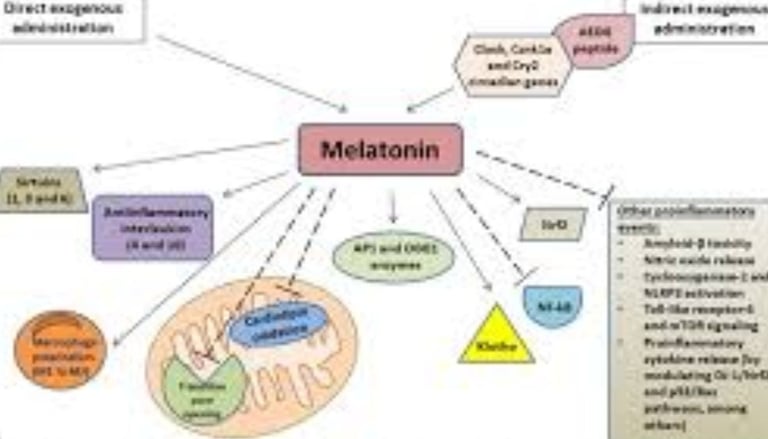

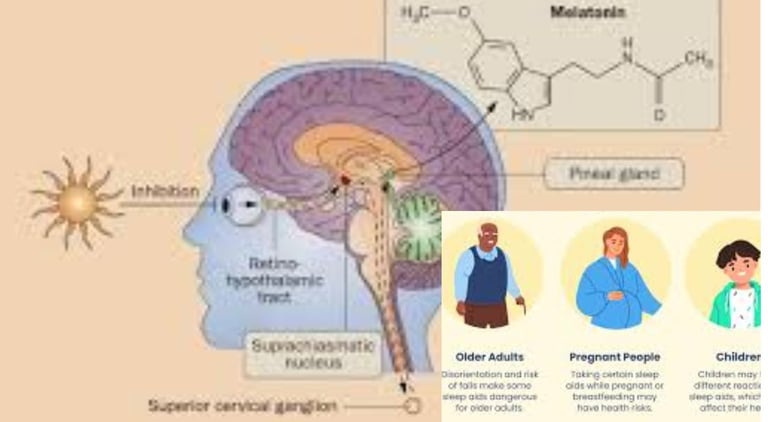

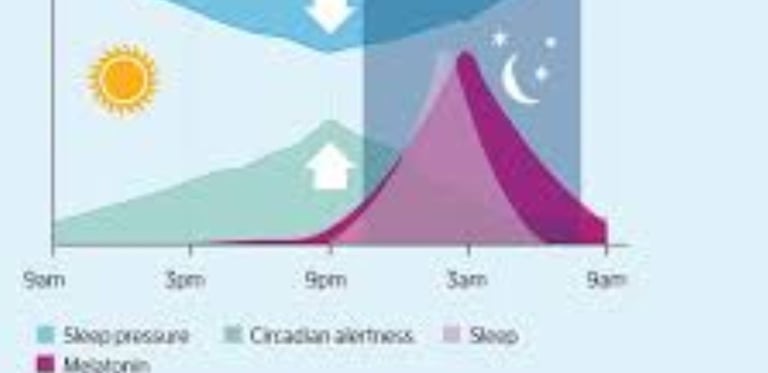

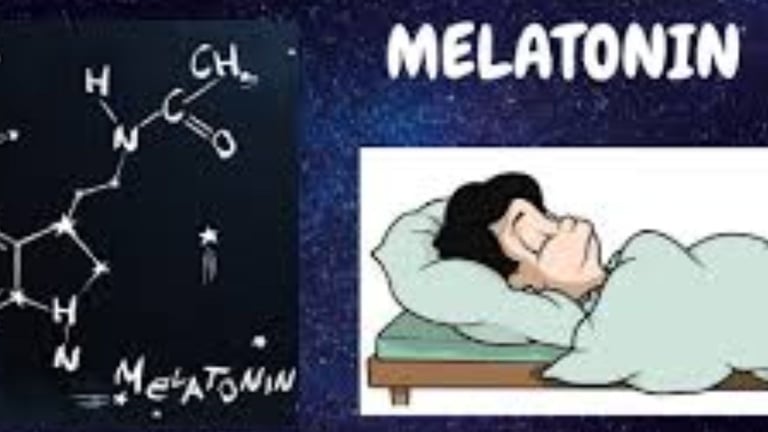

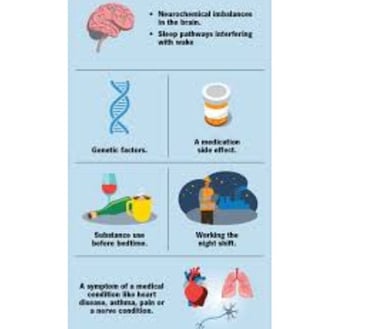

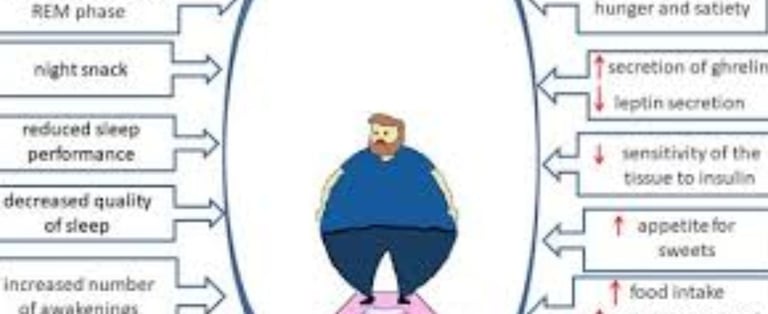






Get in touch
Address
Cairo Al Rehab
Contacts
+20 109 405 2056
hassanalwarraqi@h-k-e-m.com
